Do you want to become a doctor, but aren't sure of the steps to take?
Becoming a doctor in the US isn't an easy process, but it's worth it!
Steps to Become a Doctor: Education
You can start learning to become a doctor as early as high school. Medical training for a doctor can take 10-14 years beyond high school.
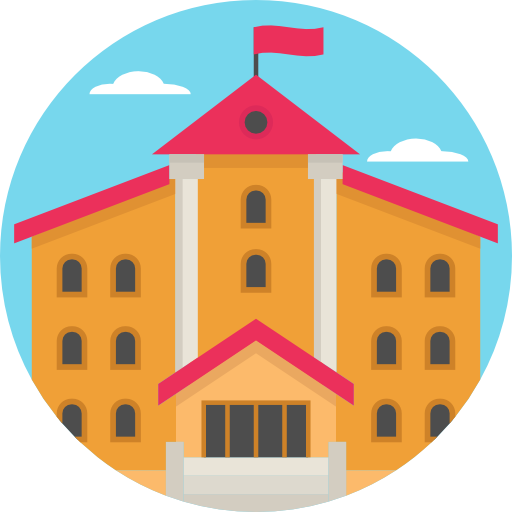
High School
Here are steps you can take to prepare while in high school:
extracurricular activities that build leadership skills
advanced studies to build math and science knowledge
prepare for standardized college entrance exams
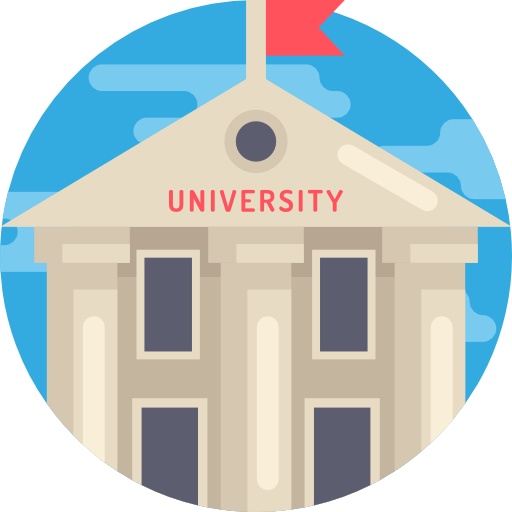
Undergraduate Degree
Completing a 4 year degree is the first formal step towards becoming a doctor for most people. While in your undergraduate program, it's important to:
earn a Bachelor of Science (BSc) degree, if possible
complete your course program's pre-med requirements
take and pass the MCAT (Medical College Admissions Test)
apply to medical schools during your senior year
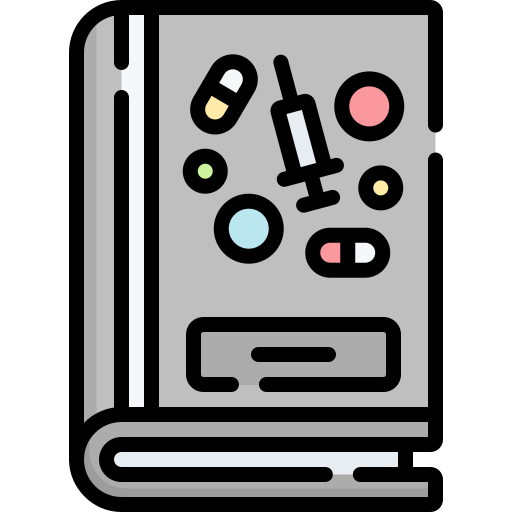
Medical School
Medical school won't be the same experience as your undergrad program. While in medical school, it's important that you:
take two years of classroom-based learning
complete hands-on training and research opportunities
take electives related to your chosen specialty
It's important that you maintain good grades as each school will have high grade standards. 📝
Work to build relationships with professors who can serve as mentors or write letters of recommendation. 🤝
Quiz
Jody is beginning 12th grade. She wants to become a doctor. Which extracurricular activity would be suitable?
Steps to Become a Doctor: Training & Certifications
Medical training will be a major part of your education, and you'll receive extensive "hands-on training" and interactions with "real" patients.
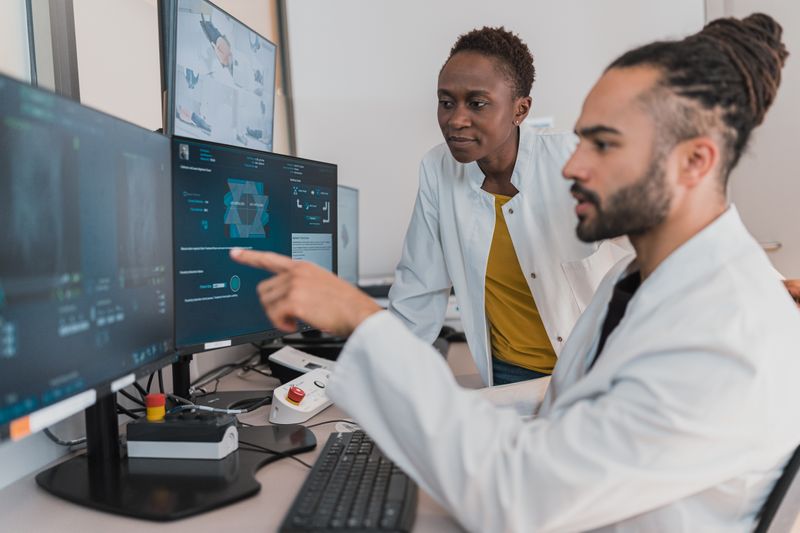 Photo by Accuray on Unsplash
Photo by Accuray on UnsplashOnce your training is complete, you'll then need to become a licensed, board-certified doctor.

In-School Training
During the last 2 years of medical school start to:
gain hands-on experience with patients in a variety of medical areas
choose or narrow down a specialtyfor your skillset

Residency
The length of the residency depends upon your specialty:
typically about 3-7 years long
patient care, assessment, diagnosis, and treatment

Licensure
This requires completing all medical training, residency, and the United States Medical Licensing Examination (USMLE).
3rd year of medical school: pass Part I of the USMLE (basic medical principles)
4th year of medical school: pass Part II of the USMLE (onset of illness and medical diagnoses)
before completing your residency: pass Part III of the USMLE (clinical management and safety practices)
Obtain board certification in your chosen specialty after completing the USMLE.
Steps to Become a Doctor: Skills Needed
Doctors regularly conduct medical procedures and interact with patients. This requires a variety of technical and soft skills.

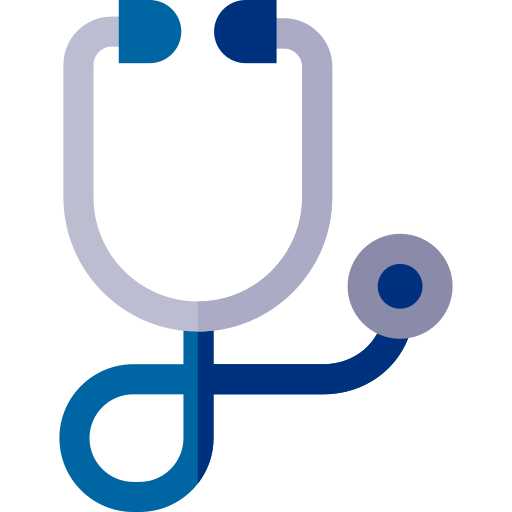
Technical skills — taught throughout medical school and training
assess symptoms and provide diagnosis
utilize the tools necessary for the trade
keep up to date on medical research
evaluate patient data and analyze test results
administer treatments and medication
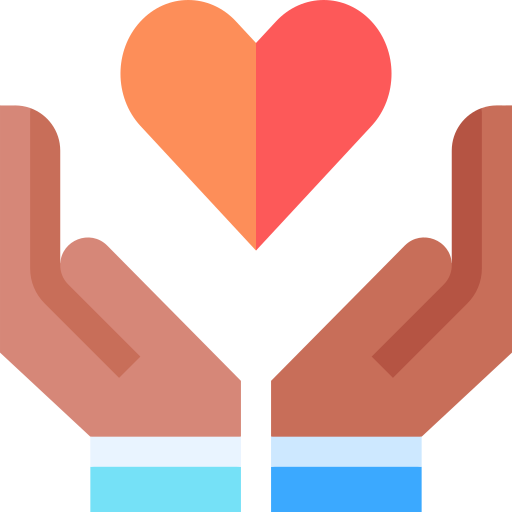
Soft skills — personal attributes that can be improved upon with practice
ability to stay calm under stressful situations
listening and effective communication
problem-solving and critical thinking
interpersonal skills (empathy, patience, compassion)
Advice From a Pro on How to Become a Doctor
Follow these personal tips on becoming a doctor from Dr Susan Hecker:

choose an area of practice that you'll enjoy
monitor andpay off student debt before making big purchases
continue friendships outside the medical field for work/life balance
ask questions, if unsure of what to do or what is needed
avoid burnout, maintain a healthy diet and exercise routine
remain humble and provide excellent patient care
find a balance between science and common sense
And, remember, you won't be able to save every patient.
Take Action
Set yourself up for success on your journey to become a doctor.
 Photo by Mika Baumeister on Unsplash
Photo by Mika Baumeister on UnsplashYour feedback matters to us.
This Byte helped me better understand the topic.

